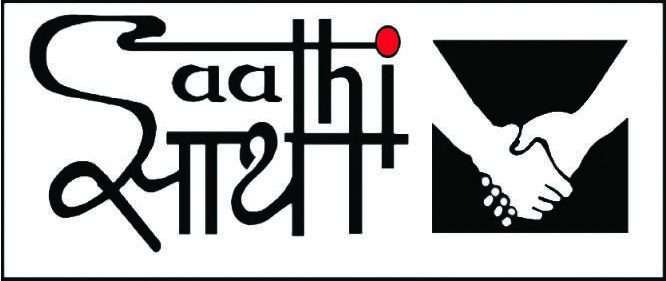A National Workshop on “Conflict Related Sexual Violence” was jointly organized by Saathi and Ministry of Peace and Reconstruction on 21 A ugust, 2017. The workshop aimed at generating a set of recommended areas for action at the structural, community and individual levels in tacking the stigma of sexual violence in conflict was conducted under aegis of the British Embassy in Nepal and UN Women in Nepal.
ugust, 2017. The workshop aimed at generating a set of recommended areas for action at the structural, community and individual levels in tacking the stigma of sexual violence in conflict was conducted under aegis of the British Embassy in Nepal and UN Women in Nepal.
Saathi with support from British Embassy in Nepal had  organized a national consultative workshop on “Preventing Sexual Violence” on 16 November, 2016. The first such workshop focused solely on sexual violence, a pressing issue across Nepali society, brought together key stakeholders ranging from policy makers, and implementers, survivors, civil society organizations, police and key government officials to discuss on the multifaceted impact—physical, psychological, and socioeconomic-of sexual violence on the survivors.
organized a national consultative workshop on “Preventing Sexual Violence” on 16 November, 2016. The first such workshop focused solely on sexual violence, a pressing issue across Nepali society, brought together key stakeholders ranging from policy makers, and implementers, survivors, civil society organizations, police and key government officials to discuss on the multifaceted impact—physical, psychological, and socioeconomic-of sexual violence on the survivors.
This second edition of the workshop was built on the findings of the November workshop, the objectives of this workshop were:
- Further develop understanding of how stigma (or equivalent dynamic in-country) is understood locally
- Further develop understanding of how stigma (or equivalent dynamic in-country) is manifested in victim/survivors lives at the structural, community and individual levels. What limitations are experienced?
- Generate a set of recommended areas for action at the structural, community and individual levels and consider how these could be achieved.
- Encourage information sharing and transparency about PSVI-related activity across the range of actors in-country; identifying synergies, areas for collaboration or resource re-allocation and work to be done to address stigma
The workshop was attended by 60 participants from diverse sectors. Government organizations participating in the workshop were represented by MoWCSW, Ministry of Peace and Reconstruction, Ministry of Home Affairs, Ministry of Foreign Affairs, National Planning Commission, Nepal Police. Others were representatives from the media, NGOs working in the sector, service providers including those from government hospitals, shelter managers, counselors and persons with disability, survivors of violence, youth and others.
